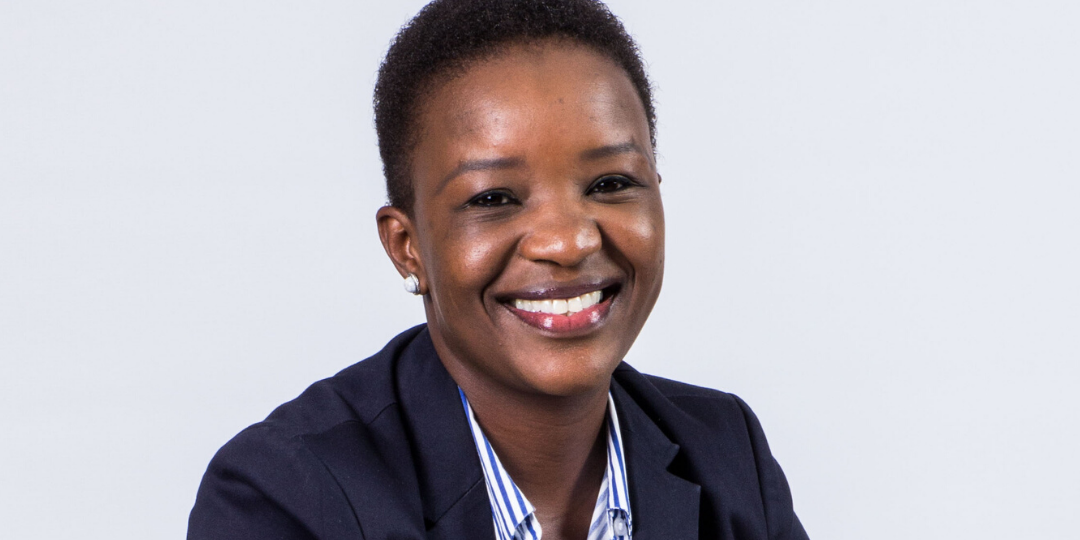President Cyril Ramaphosa is expected to hold meetings this week to discuss the possibility of introducing further lockdown restrictions and vaccine mandates in response to the new Omicron variant of COVID-19.
Government has set up a task team that will undertake broad consultations on making vaccination mandatory for specific activities and locations. The team is expected to brief the President on Wednesday.
In his weekly letter to the public on Monday (December 6), Ramaphosa confirmed that he would convene a meeting of the National Coronavirus Command Council to review the state of the pandemic. “This will enable us to take whatever further measures are needed to keep people safe and healthy,” he said.
Ramaphosa noted that the issue of mandatory vaccines was divisive, saying strong leadership was needed to ensure people moved in the same direction.
“I believe very strongly in vaccinations, and vaccination is our strongest weapon against COVID-19. I believe that we should give our people a chance so they can go through this and see the dangers of not being vaccinated.”
Proposals for mandatory jabs
A number of business, labour and community representatives have submitted proposals for mandatory jabs to the National Economic Development and Labour Council, with the South African Medical Research Council’s Vice Chairperson, Dr Mvuyisi Mzukwa, saying in a statement yesterday: “We support the issue for mandatory vaccinations and we believe it’s becoming a pandemic of the unvaccinated now. They need to do whatever is possible to make sure there are no hazards in the workplace.”
Business for South Africa (B4SA) is also calling for a rapid move to restrict access to public indoor areas that are not required for emergency use (such as hospitals, grocery stores and certain Government services) to vaccinated individuals only.
Martin Kingston, Chair of B4SA, said: “We need to rapidly move to a situation where only vaccinated individuals should be allowed to travel in buses, taxis and airplanes, or to eat and drink in indoor establishments such as restaurants and taverns. This is in line with global restrictions and based on the science regarding airborne disease. Ventilation and masks remain important, but we now need to look at enforcing a further layer of protection.”
B4SA is also calling on all employers to ensure safe working environments for their employees and customers, which in many instances should include restricting access to vaccinated individuals and implementing vaccine mandates wherever possible.
Business Leadership South Africa CEO, Busi Mavuso, said in her newsletter today that she was encouraged that the President had established a task team to explore the issue.
“There is much that government can do to make it easier to mandate vaccination. Vaccination is a public good in that high rates at a population level substantially reduce the risks of serious medical consequences from the illness, slow down transmission and reduce the probability of new variants.”
‘Shocking’ impact on tourism industry
Mavuso pointed out that the impact of the discovery of the Omicron variant had obviously been devastating. The effect on the tourism industry – which saw over R1bn (€55.8m) of bookings cancelled in the three days after it gained global attention – had been particularly shocking.
Last week, Statistics South Africa published data revealing that the official unemployment numbers are at their highest ever – officially, 34.9% of the country’s adults cannot find work.
“These served to underline just how desperate the situation is. We are still losing jobs despite most of the lockdown conditions having been lifted, with 660 000 fewer jobs in the third quarter than we had a year ago. The blow from Omicron will exacerbate this,” warned Mavuso.
She pointed out that companies could do a lot to drive vaccine take-up, even if they did not mandate it.
“Encourage and support your employees. Many are hesitant, not because of some deep ideological conviction but because they do not have the information to feel able to make an informed choice.
“Help by giving clear information on vaccines, including the growing body of international evidence on how to help countries get back to normal. Explain where they can get vaccinated and offer them time off to do so (it is a legal requirement),” Mavuso said.
She also welcomed initial indications that there had been a surge in vaccinations in the last week.
“That is a positive response to the news of Omicron, though, of course, such deviations in demand create logistical challenges in distributing vaccines to where take-up has been highest, although we are assured there are enough in stock. We may well, though, need to focus on logistics more if we sustain the vaccination rates at current high levels,” Mavuso added.























